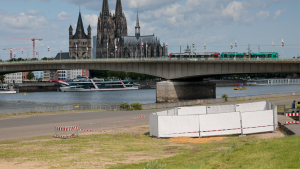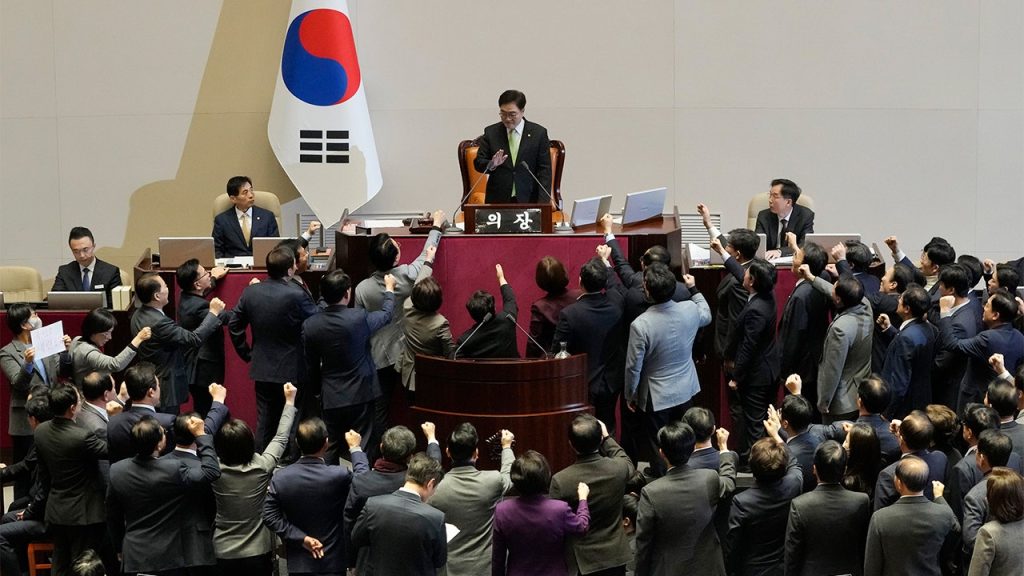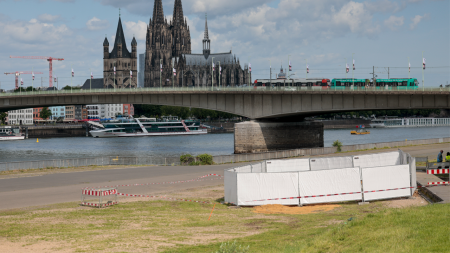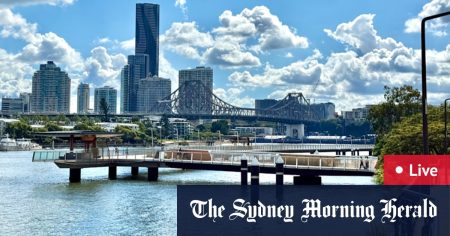The political landscape of South Korea has been dramatically destabilized by a series of events culminating in the impeachment of Acting President Han Duck-soo. This move, initiated by the opposition-controlled National Assembly, further exacerbates the crisis ignited by President Yoon Suk Yeol’s controversial imposition of martial law and his subsequent impeachment. Han’s impeachment effectively strips him of presidential powers pending a decision by the Constitutional Court, which is already grappling with the legality of Yoon’s impeachment. This unprecedented situation, with both the president and acting president facing impeachment, has plunged the nation into deeper political turmoil, creating economic uncertainty and damaging its international standing.
The National Assembly voted 192-0 in favor of Han’s impeachment, with the governing People Power Party (PPP) boycotting the proceedings. PPP lawmakers vehemently protested the vote, deeming it invalid and demanding the resignation of Assembly Speaker Woo Won Shik, who presided over the session. The contention arose from a disagreement over the required majority for impeaching an acting president. While the PPP argued for a two-thirds majority, Speaker Woo asserted that a simple majority sufficed, citing the absence of specific laws addressing the impeachment of an acting president. This procedural dispute further fueled the political divide.
Han Duck-soo, while expressing regret over the impeachment, stated his respect for the Assembly’s decision and pledged to suspend his duties to avoid further instability. He expressed hope for a swift and judicious ruling by the Constitutional Court. Following the impeachment vote, Deputy Prime Minister and Finance Minister Choi Sang-mok assumed the role of acting president. In an effort to maintain stability, Choi promptly directed the military to heighten its readiness against potential North Korean provocations and assured international partners of South Korea’s continued commitment to its existing foreign policies.
The chain of events leading to this crisis began with President Yoon’s declaration of martial law, a drastic measure unseen in South Korea for over four decades. This declaration, which lasted a mere six hours, sparked widespread political upheaval, regional concern, and market fluctuations. Yoon defended his actions as a necessary response to the Democratic Party’s alleged obstruction of his agenda, utilizing their parliamentary majority to impede his policies. However, the opposition viewed the martial law decree as an abuse of power, leading to Yoon’s impeachment.
Han, who assumed the acting presidency after Yoon’s impeachment, found himself in immediate conflict with the Democratic Party. The key point of contention revolved around the appointment of three vacant seats on the Constitutional Court. The Democratic Party insisted on filling these vacancies before the court ruled on Yoon’s impeachment, believing that a full nine-member bench would increase the likelihood of Yoon’s removal. A dismissal requires the support of at least six justices. Yoon’s allies in the PPP opposed these appointments, arguing that Han should not exercise such presidential powers while Yoon’s impeachment was still under review. Han’s refusal to appoint the justices without bipartisan consensus ultimately triggered the impeachment motion against him.
Adding to the complexity, South Korean investigative agencies are scrutinizing Yoon’s martial law declaration, probing allegations of rebellion and abuse of power. Yoon has repeatedly declined to appear for questioning, while his defense minister, police chief, and several senior military commanders have been arrested for their involvement in deploying troops and police to the National Assembly during the standoff. The former Defense Minister, Kim Yong Hyun, a close associate of Yoon, has reportedly been indicted for his alleged role in the martial law plot, marking the first formal charge related to the incident. Han’s impeachment motion accuses him of complicity in Yoon’s declaration of martial law, obstructing the restoration of the Constitutional Court’s full membership, and delaying investigations into Yoon’s alleged rebellion. These interconnected events have created a deep political crisis in South Korea, leaving the country’s future uncertain and its international reputation tarnished.










